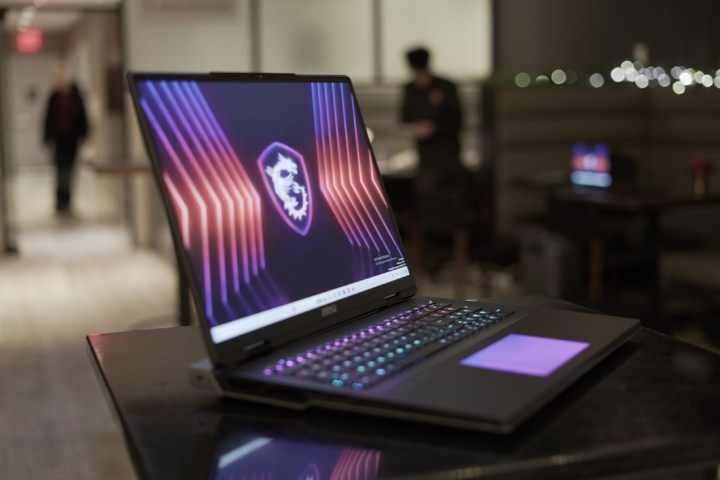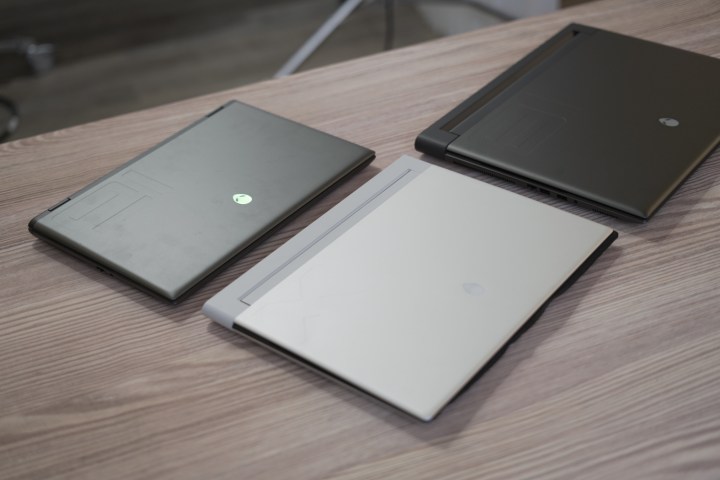
Intel’s rebranding of its processors was a big deal. The change from Core i5 to Core Ultra 5 was more than just a rebrand — it was supposed to signal a shift to a new era for Intel.
That’s why the announcements around 14th-gen Raptor Lake Refresh HX at CES 2024 are so unfortunate. These 55-watt chips will be appearing in gaming laptops of all kinds next year — everything from the Razer Blade 16 to the Lenovo Legion 7i.
If you’re going to do a rebrand, you have to put all your eggs in one basket. You gotta go all in. And when Intel revealed the change in December, it seemed like that’s what it was doing.
But now, at CES 2024, the company has also quietly announced a chip that it doesn’t seem to want to talk much about. The company has hardly mentioned it to to the press, and even laptop manufacturers seem confused about it. This has left us to come up with our own reasons for why part of Intel’s lineup hasn’t been moved to Meteor Lake.
The reason is obvious — these are chips that don’t fit into the company’s messaging around Core Ultra Meteor Lake. They don’t have nearal processing units (NPUs) onboard, they use an older architecture, and they even go by the old “Core i9” nomenclature. They are leftovers from the previous generation of chips, which Intel hasn’t been able to fully transition away from. The new Meteor Lake chips are all about efficiency, especially lower wattages, and apparently, they don’t scale up to 55 watts well enough to replace the previous-gen architecture.

Intel’s new Core Ultra H chips go up to 45 watts, which covers many machines — just not the most high-end gaming laptops. That’s good, and indeed, the Meteor Lake chips are more efficient than the Raptor Lake Refresh HX chips. And to be fair, that’s more important on smaller laptops than on these bigger ones.
But let’s not forget — full desktop chips won’t be in Meteor Lake this generation either. Presumably, Raptor Lake Refresh will be used for future desktop chips as well. For how long? We can’t know for sure, but it seems to be the case for at least this next generation.
For now, Intel’s big moment has been soured by its inability to replace its entire lineup of laptop chips. It’s starting to feel like an awkward transition year rather than a strong move forward.
Editors’ Recommendations

